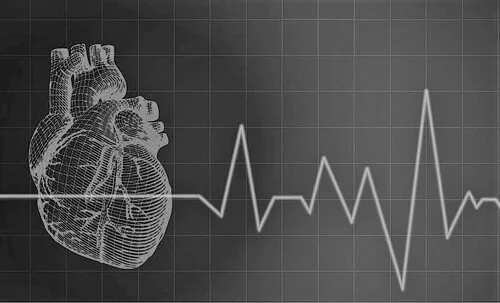A new study published in Experimental Gerontology found that among 170 blood donors, elderly patients with heart failure had the lowest NAD+ levels, which suggests a role for NAD+ precursors in supporting heart health [1].
Read MoreRaising NAD+ levels with the precursor Nicotinamide Riboside (NR) was found to reduce markers of inflammation in the blood from a small group of Stage D heart failure (HF) patients.
A new study shows that while both nicotinamide mononucleotide (NMN) and nicotinamide riboside (NR) can help protect against blood-vessel inflammation by raising NAD+, NR may be the more direct and effective precursor.
The heart is a hard-working muscle. Each day it beats approximately 100,000 times without any breaks. It’s been estimated that over the course of an average lifetime, the human heart will beat more than 2.5 billion times.
Read MoreOver the last several years there has been an influx of research started on nicotinamide riboside (NR) due to its unique mechanism for raising levels of the coveted compound nicotinamide adenine dinucleotide (NAD).
Read MoreHeart failure is a common and devastating chronic disease that occurs when the heart cannot pump enough blood to support all the body’s organs. While some medications are available to treat heart failure, there is no cure. Half of all heart failure patients die within five years of receiving their diagnosis.
Read More




